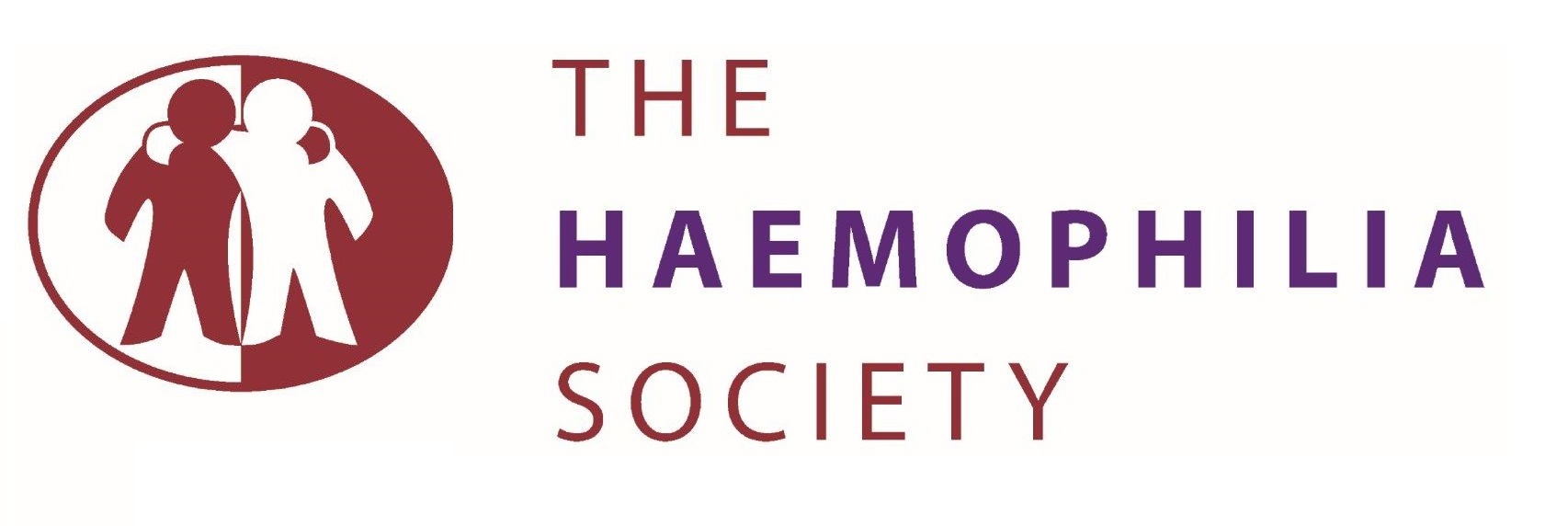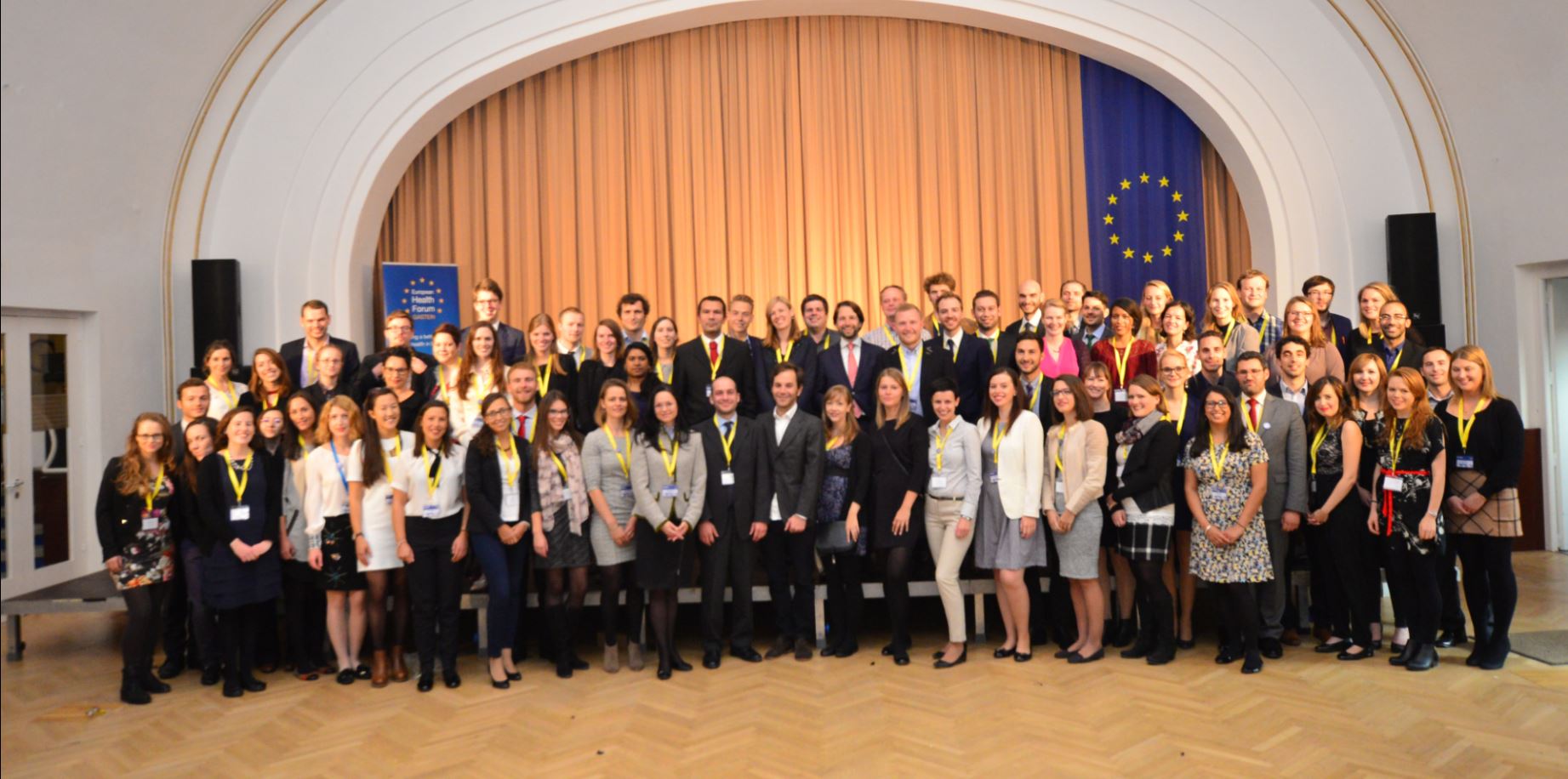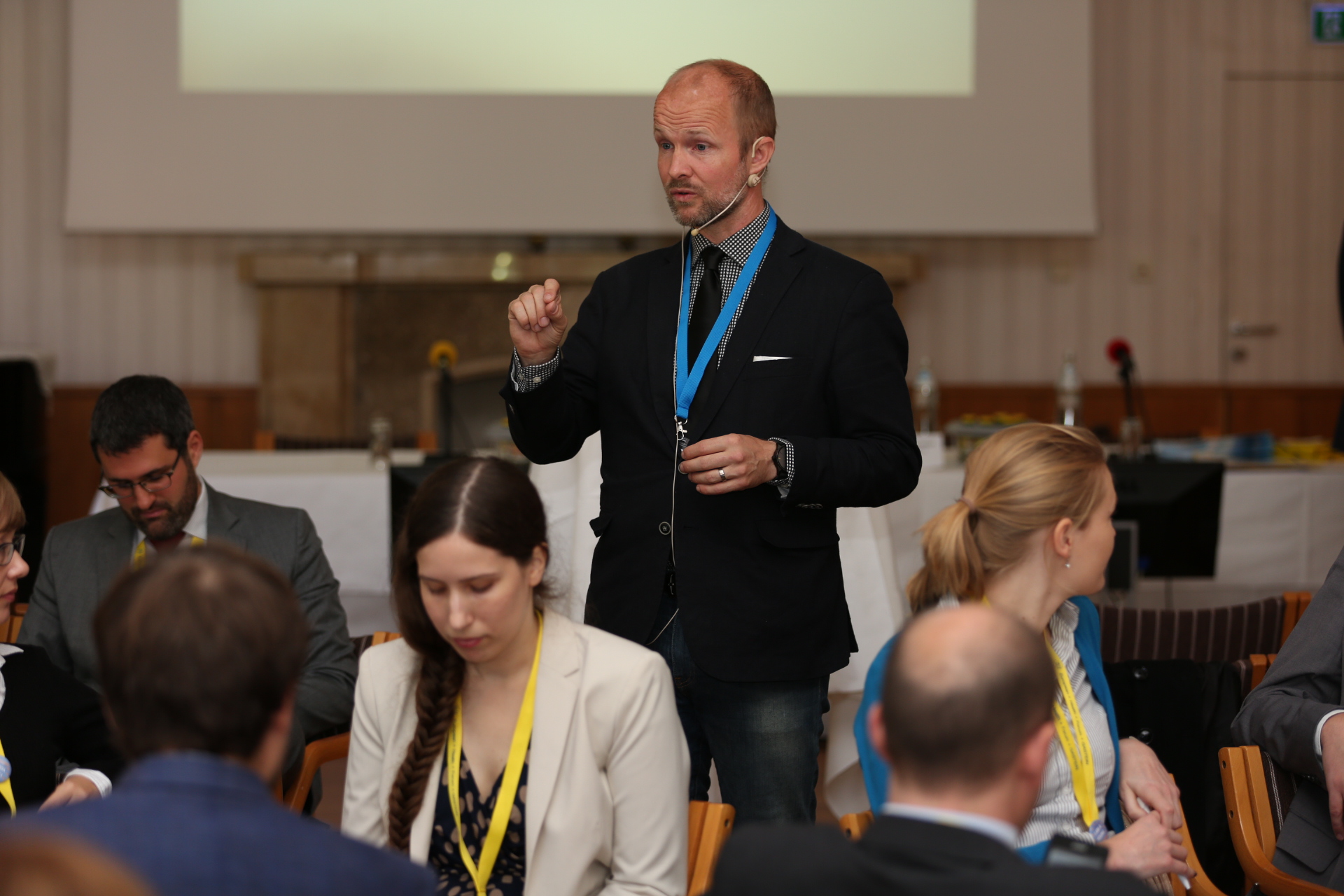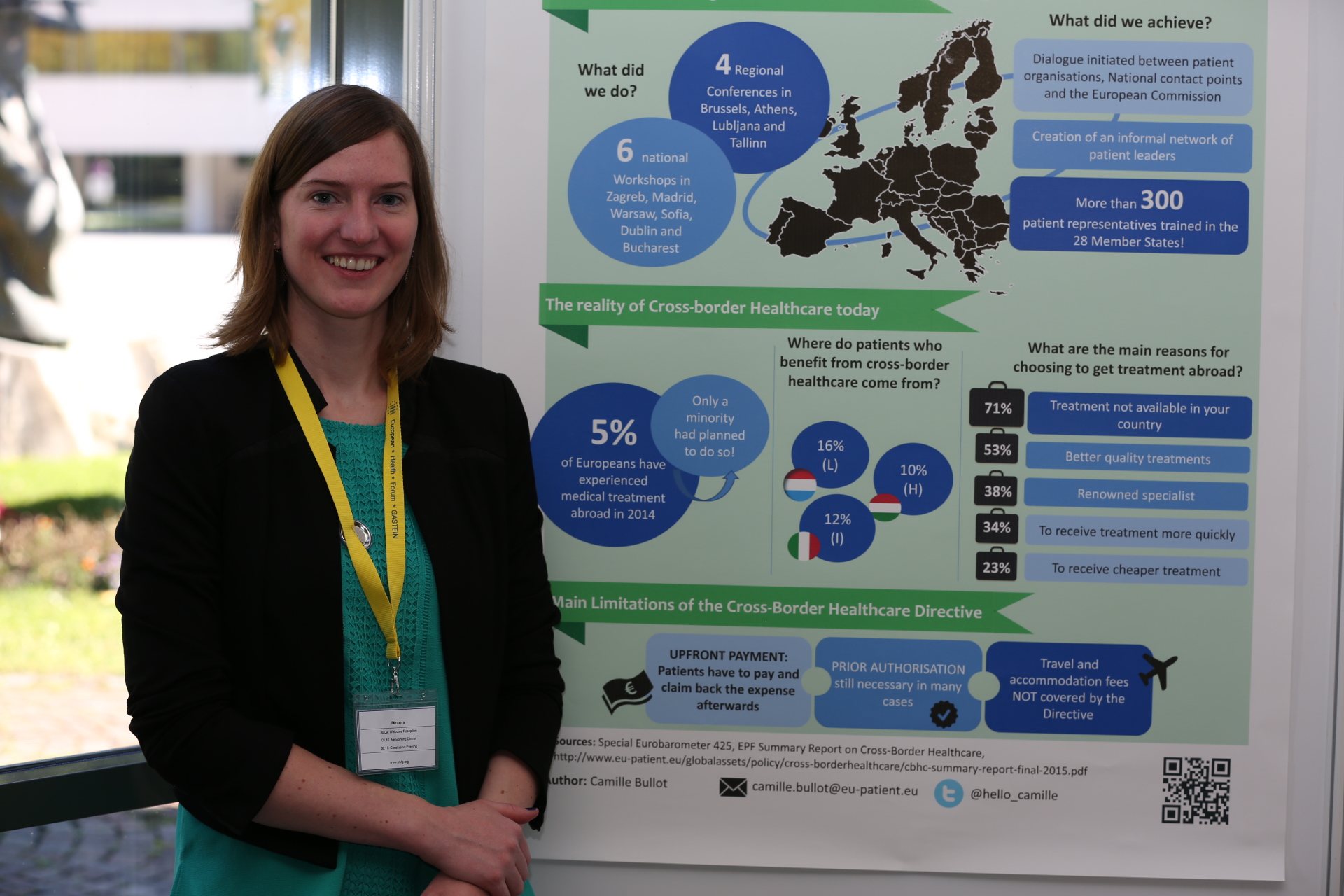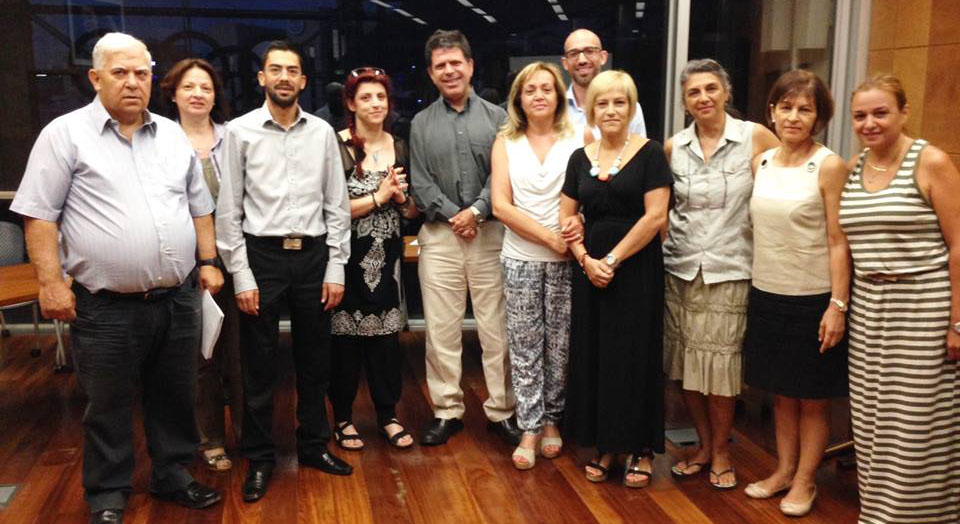Trust is a vital ingredient to build successful relationships, both personal and professional ones. This becomes particularly significant when it comes to my Haematology consultants and the difference between suffering from a bleed or not.
I trust my consultants to provide me with good clinical care, tailored to my specific needs, whilst ultimately giving me the freedom to take responsibility for my own health. Whereas the choices were made for me in paediatric care, at 26 years of age I am now able to shape my own therapy with support and guidance from my specialists.
My Haemophilia can be debilitating at its worst but I believe I am best at knowing my body’s limitations and this information can be vital to the health professionals. Patients should be encouraged and feel empowered to intervene proactively in their health care, not just to influence the decision-makers but become the decision-makers wherever possible.
I know that I do not have to deal with my condition alone. As well as my family, I can reach out to others like the UK’s Haemophilia Society and the EHC, who are there to listen and campaign on our behalf. We want and need to be involved with our treatments and to demand improvements for our future. Surely, if you put the patient in the heart of services, then you can ensure a best quality of care is delivered to all.
I am so encouraged by EPF’s Patient Empowerment Campaign; by promoting patients’ rights to choose how they are treated, there can be better understanding between patients and health professionals and a move towards working in harmony.
